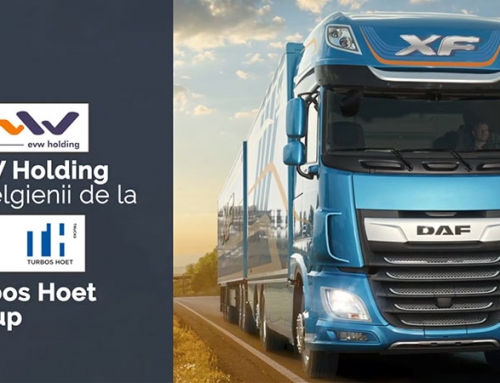Trading a company or a part of it constitutes a major business decision that provides opportunities, but also involves risks. Thus, within this process it is necessary to conduct a due-diligence activity as well as the evaluation of the company. For an uninformed investor there is a trend to consider that the activity of evaluation and that of due-diligence are one and the same activity, in fact these are different processes.
The financial due-diligence activity within the sale of an enterprise is the process of checking the financial statements of a company, including the identification of business-related risks, with a focus on critical factors that can influence the operational result and cash flows. The due-diligence type expertize analyze the strengths and weaknesses of the concerned company and the risks related to the purchase.
The careful analysis of the target company becomes more and more important, the opportunities and risks related to this must be identified and quantified as impact, correctly and the situations that prevent closing the transactions must be known in due time by the buyer. This process starts after signing a confidentiality agreement and main investment engagement, usually in the form of a written document.
The activity to assess the undertaking in the case of sale/purchase is a process of estimating the market value that arises from the future updated benefits expected to be generated by the company. It is drawn-up at a certain date and takes the form of a document named evaluation report, made in accordance with the Evaluation Standards issued by ANEVAR (The National Association of Authorized Romanian Valuers) and respecting the Code of Ethics of the profession of authorized evaluator.
Within a transaction of enterprises, the due-diligence activity usually precedes the evaluation of the enterprise in view of its sale and is performed at the request of the buyer, while the evaluation of the company can be required both by the seller and the buyer. The evaluation performed for the seller can be bases on the level of performance reached and further feasible by the current owner, while the evaluation for the buyer can take into account the possible synergies that this may generate after take-over, the type of the estimated value can be also an investment value.
If the due-diligence activity is meant to highlight the risks and weaknesses of the company on all levels, the evaluation activity takes the form in the estimation of value at a certain date, as impact on the business, al strengths, weaknesses, risks and opportunities indicated through the due-diligence process.
The evaluation of a company or of a line of business is useful for a potential seller in estimating the value of his business, but it can be achieved also without performing a due-diligence in advance.
Taking into account these defining issues, it is compulsory that at the sale/purchase of a company both a due-diligence activity and one to evaluate the company should be undertaken, the first having the role to diagnose the state of affairs and its potential, the second having the role to estimate the value of the company in order to have a reference of the value for negotiation.
Andreea Suciachi
MAA Senior Valuer-EI, EPI, EBM, VE
Dana Cușmir



Andreea is a Partner with Darian. She has more than 10 years of experience in valuation and consulting. She started her career path with Darian in 2007.






